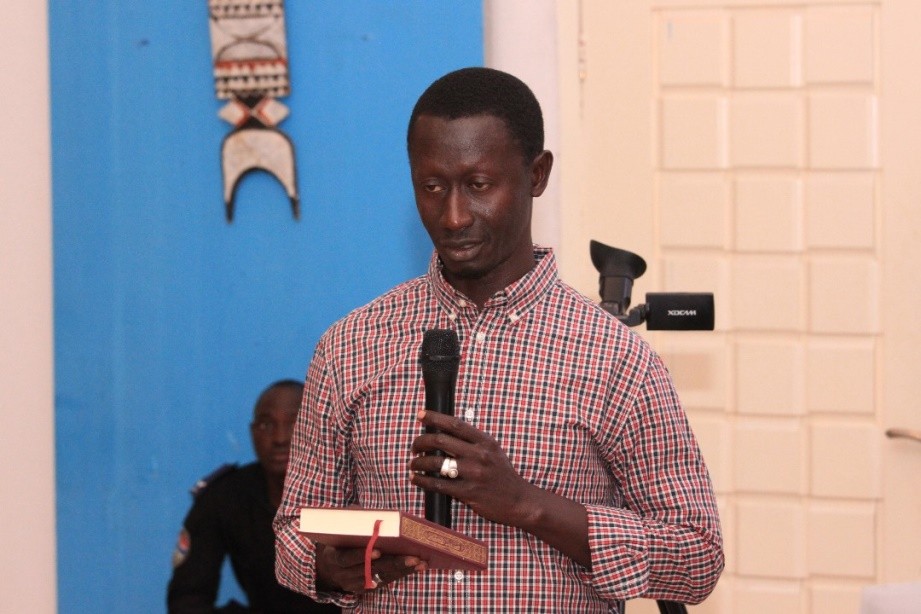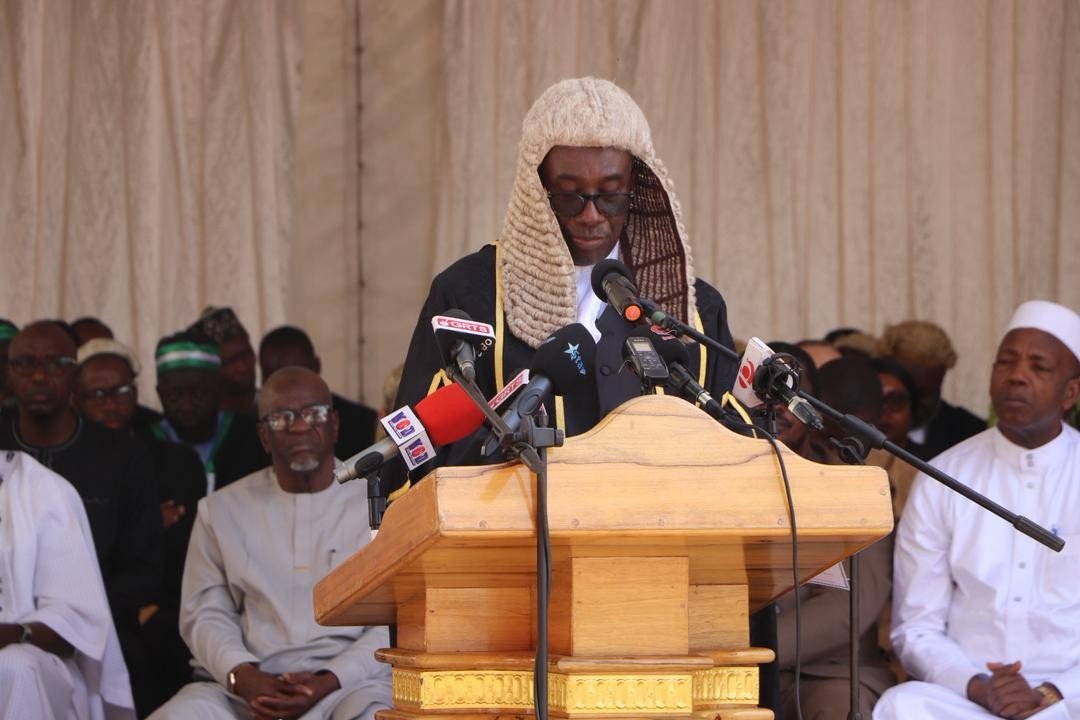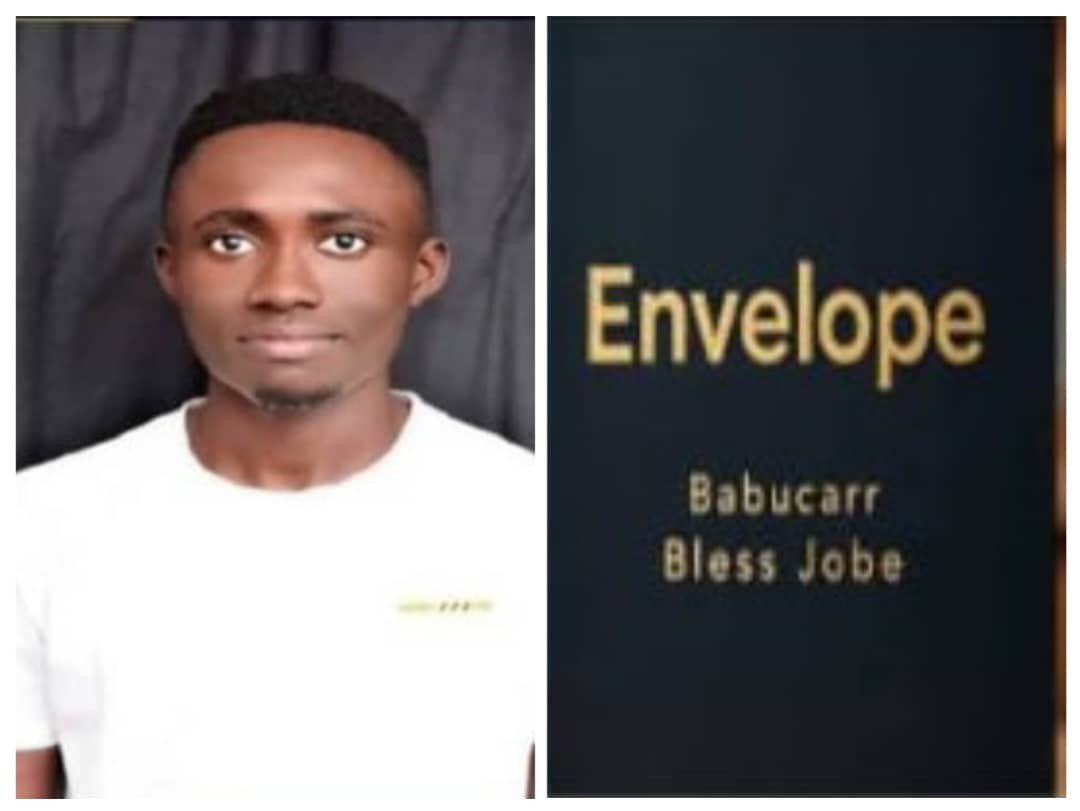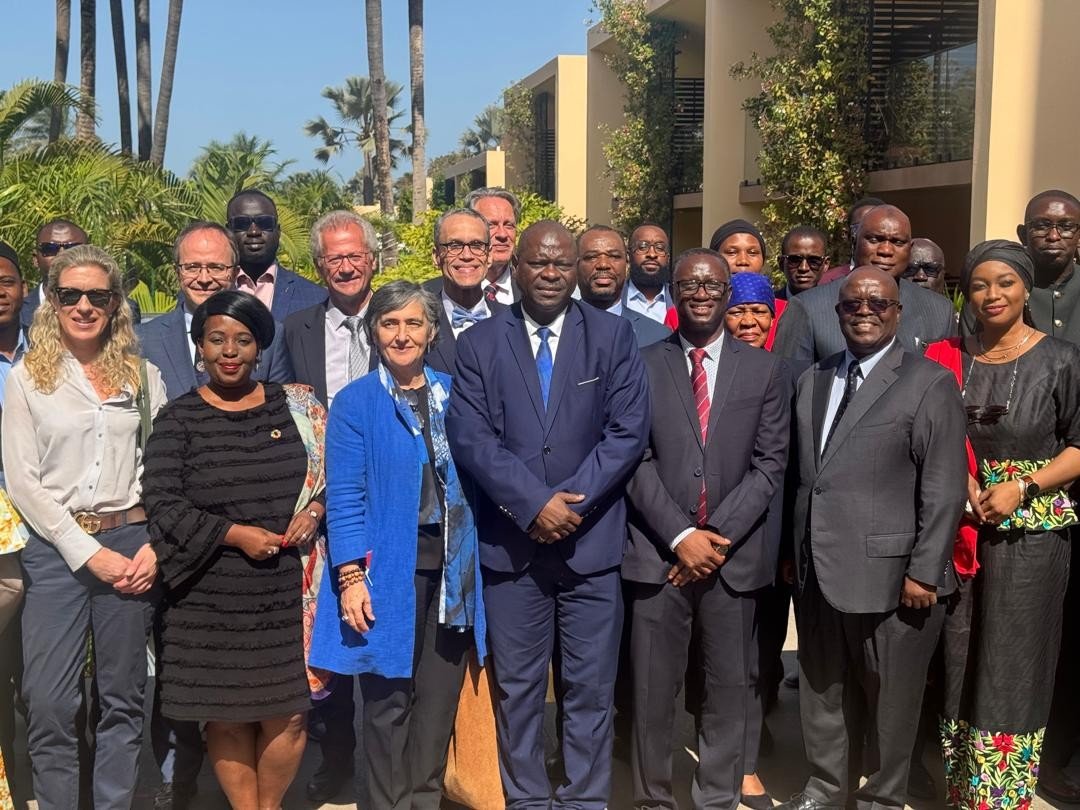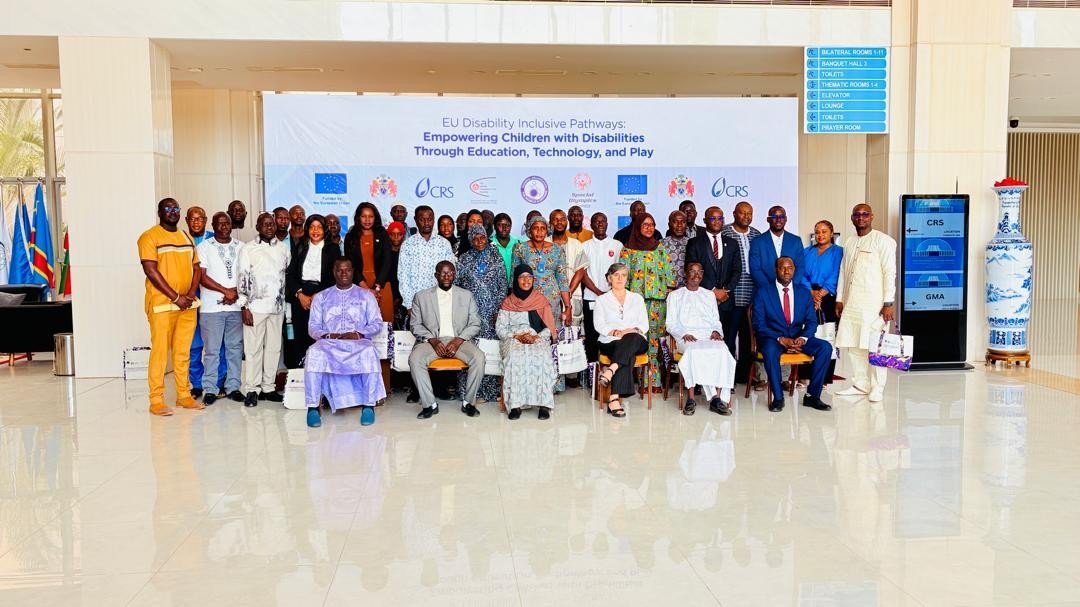The Local Government Commission of Inquiry recently engaged Kebba Ousman Drammeh, the proprietor of Kebba and Sons, to explain the details of a contract valued at D13.8 million for the supply of 3,000 plastic dustbins to the Banjul City Council (BBC).
Drammeh testified that the contract came into existence after he received a phone call from the secretary to BCC’s CEO informing him about a restricted tender for dustbin supply. “I don’t remember exactly who called me, but I know it was from the CEO’s office,” Drammeh said.
He explained that he applied for the tender and was subsequently awarded the contract, though he provided no supporting evidence of a competitive process or formal bidding evaluation.
Drammeh eventually changed his testimony, saying he was informed by the mayor Rohey Malick Lowe herself about the contract, and he proceeded to the BCC to obtain the bidding documents.
It was, however, the cost of the each dustbin that concerned the Commission. Drammeh’s contract listed each dustbin at approximately D4,600, nearly twice the prevailing market rate of D2,000 to D2,500 at the time. Lead Counsel Patrick Gomez pressed him to explain how he arrived at such a figure.
“It depends on the seller,” Drammeh reacted. “I put my price, and the BCC agreed to it.”
“This price you’re telling us is nearly double the market price. How do you justify such an increase?” the lead counsel posed.
Drammeh insisted that the prices were based on his business terms and the council’s acceptance, suggesting that negotiations were minimal and formal market surveys were not conducted.
The Commission was apparently concerned over the lack of documentary evidence supporting the contract’s execution. Drammeh admitted that he could not provide receipts, shipping invoices or formal supplier contracts from Saudi Arabia, where he claimed the dustbins were sourced. He attributed the absence of records to a recent break-in at his home, claiming substantive documents were lost.
“I transferred the money to my supplier in Saudi Arabia,” Drammeh said. “But I’ve lost most of the receipts and invoices. It’s a shame.”
Lead Counsel Gomez noted it was highly unusual for such a significant procurement, involving public funds, to proceed with so little verifiable documentation. “For a contract of this magnitude, the lack of shipment documents, supplier agreements, and delivery receipts raises serious transparency concerns,” Gomez underlined.
Despite the missing documentation, Drammeh produced a payment voucher showing a final payment of D13.8 million by BCC, which was admitted into evidence. However, the absence of delivery logs, customs clearance records and formal inspection reports continued to fuel the whole issue.
Nevertheless, the Commission also examined Drammeh’s longstanding personal relationship with BCC Mayor Rohey Malick Lowe. Drammeh eventually disclosed that he had known the mayor and her family for decades. After completing his secondary education, he lived with the mayor’s mother from 1996 until 2021.
“Our mothers were very close to each other,” Drammeh said. “I stayed with them for many years.”
He further admitted the mayor had provided him with financial support and business advice over the years, though he denied any formal business partnership.
“She only assists me when I have issues, financially and with advice,” he said.
Lead Counsel Gomez pointed out that Drammeh’s major contracts with BCC only began after Lowe’s election as Mayor: “You didn’t have contracts with BCC before she was elected mayor.”
When asked whether this personal relationship could have influenced his access to BCC contracts, Drammeh acknowledged it could be, though he also suggested his business had grown more visible independently.
Pressed on the delivery of the dustbins, Drammeh struggled to provide specifics. He said the delivery was done in batches but could not recall how many shipments were made or who received them. “I can’t remember exactly how the process went,” he said. “But I know I sent one of my boys with the driver for the delivery.”


